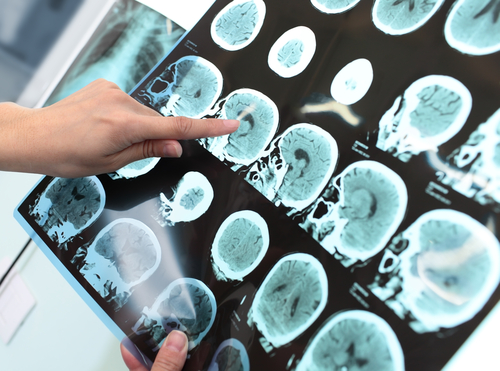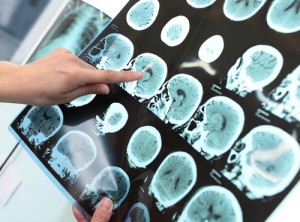Data For New Alzheimer’s Disease Treatment For Agitation To Be Presented at Upcoming ANA Meeting

 Avanir Pharmaceuticals, Inc. will present their most-recent results from two clinical trials currently underway for treating conditions associated with Alzheimer’s disease (AD). The data is set to be presented at the American Neurological Association’s (ANA) Annual Meeting in Baltimore, Maryland, from October 12-14, 2014.
Avanir Pharmaceuticals, Inc. will present their most-recent results from two clinical trials currently underway for treating conditions associated with Alzheimer’s disease (AD). The data is set to be presented at the American Neurological Association’s (ANA) Annual Meeting in Baltimore, Maryland, from October 12-14, 2014.
The phase II clinical trial evaluated AVP-923 safety, tolerability, and efficacy for the treatment of agitation in Alzheimer’s patients. Agitation is associated with a faster cognitive decline in these patients and poses a serious distress factor for patients, families, and caregivers. The trial was performed over the course of 10 weeks, and included 220 Alzheimer’s patients from the United States treated with increasing doses of AVP-293 compared to placebo-administrated patients. The placebo group was evaluated at week 5 and administered with either the same placebo treatment or with AVP-293 for the remaining trial period.
The efficacy of the study was determined according to the agitation/aggression response measured in agreement with the Neuropsychiatric Inventory (NPI). Additional outcomes analyzed included disease severity, further neuropsychiatric symptoms, cognition, daily living activity, quality of life and caregiver strain.
The second clinical trial, PRISM II, evaluated NUEDEXTA safety, tolerability, and efficacy to treat PseudoBulbar affect (PBA) in patients with neurologic disorders, including Alzheimer’s disease/dementia, stroke and traumatic brain injury. PBA symptoms are characterized by uncontrollable outbursts of crying or laughing in these patients.
NUEDEXTA was administrated twice a day. PRISM II trial was performed during 12 weeks and enrolled 450 patients from approximately 100 study centers. All the patients were diagnosed with PBA, with a baseline score of at least 13, measured according to the Center for Neurologic Study-Lability Scale (CNS-LS). The trials’ primary endpoint is the alteration of the baseline score, and its efficacy is measured against the results of a previous Phase III trial. Additional outcomes analyzed included number of PBA episodes and Neurobehavioral Functioning Inventory for traumatic brain injury patients.






